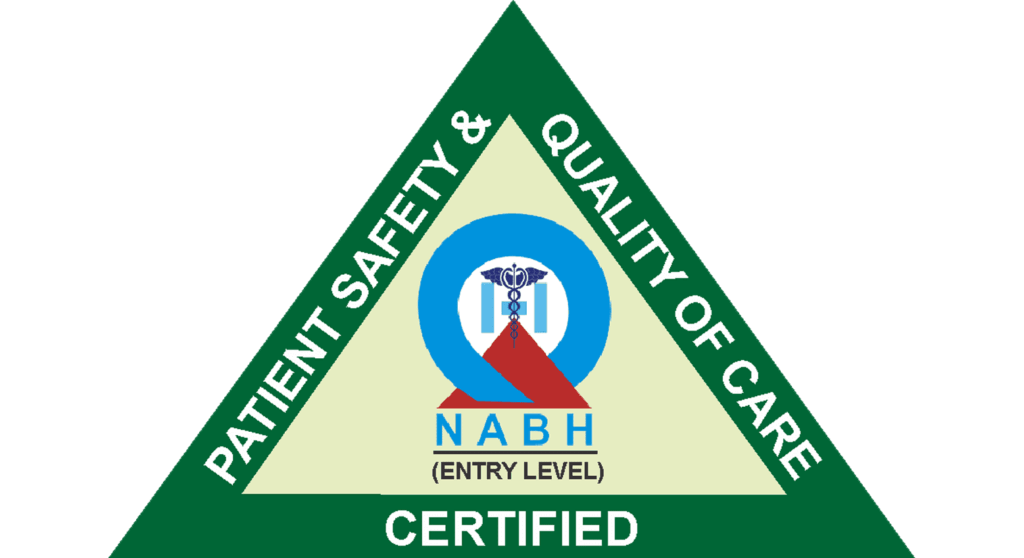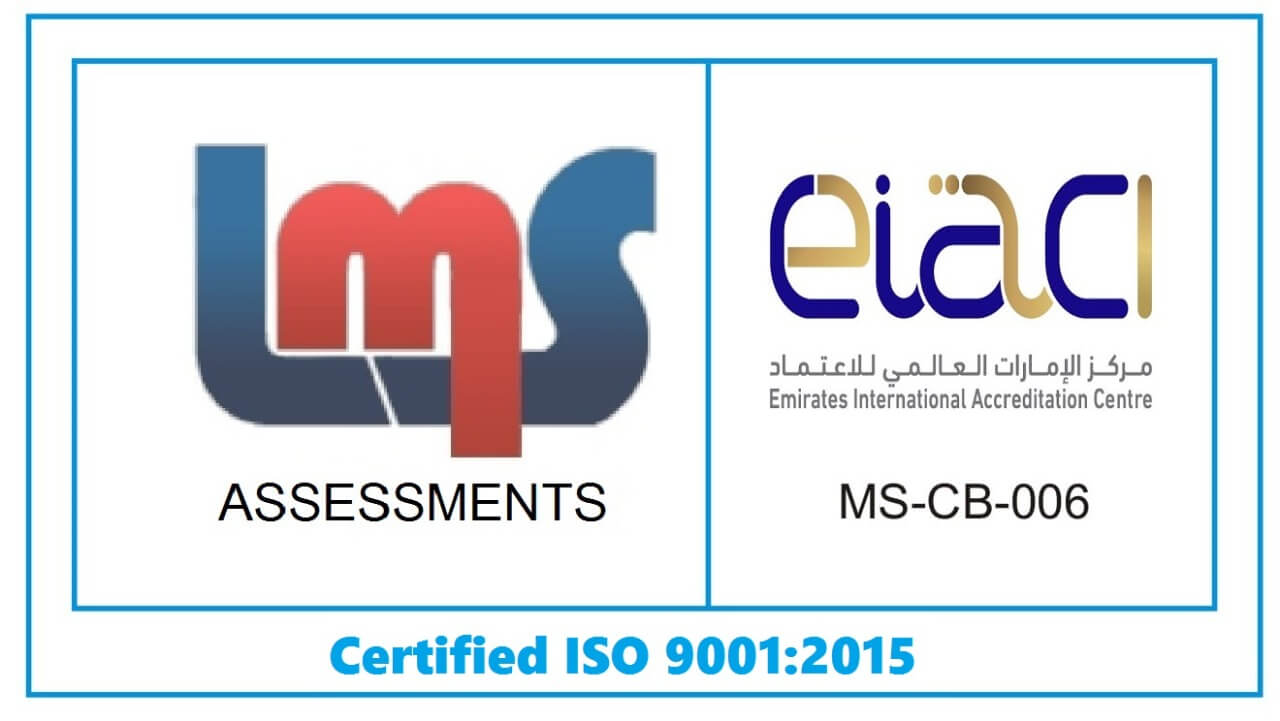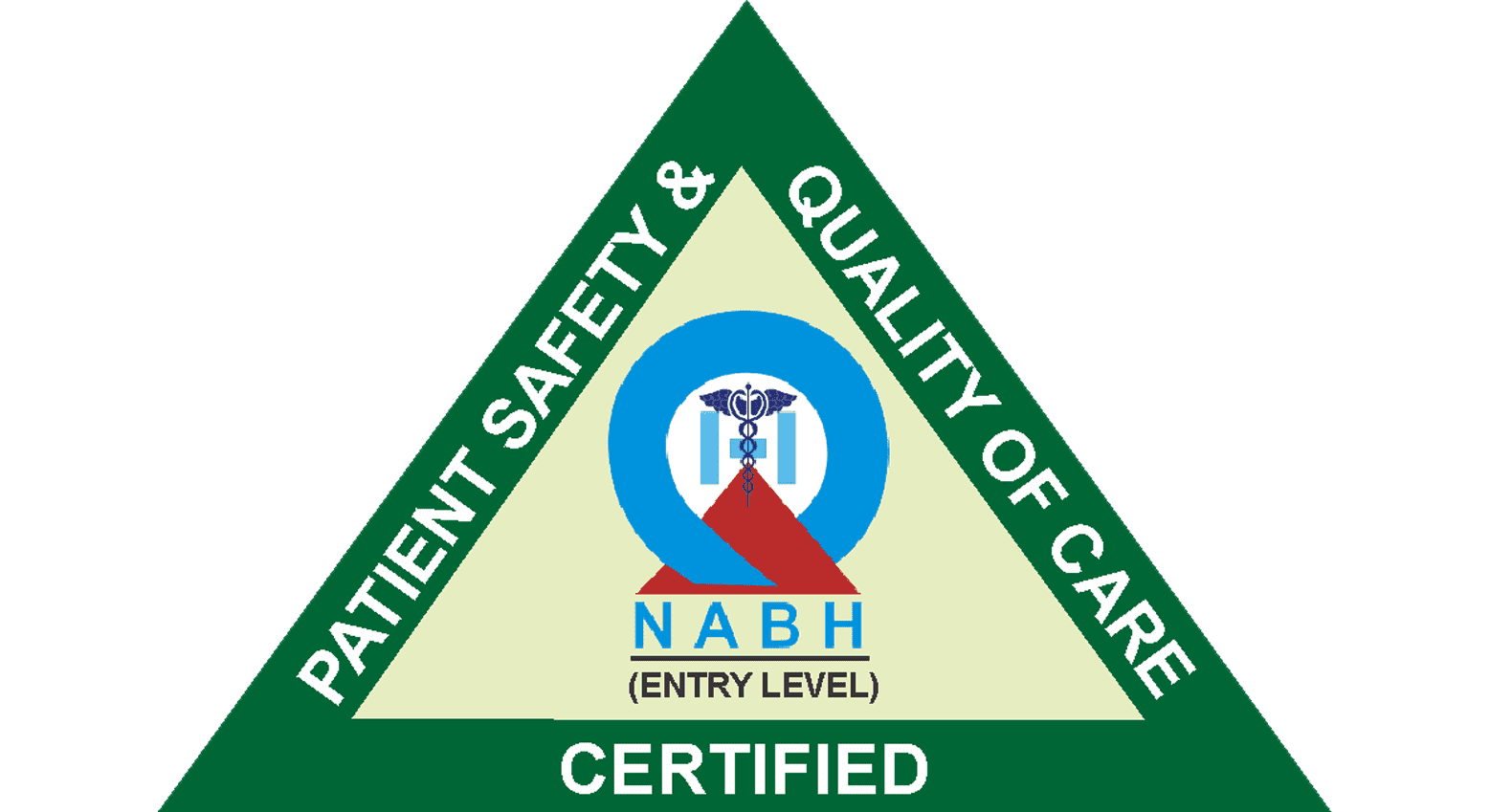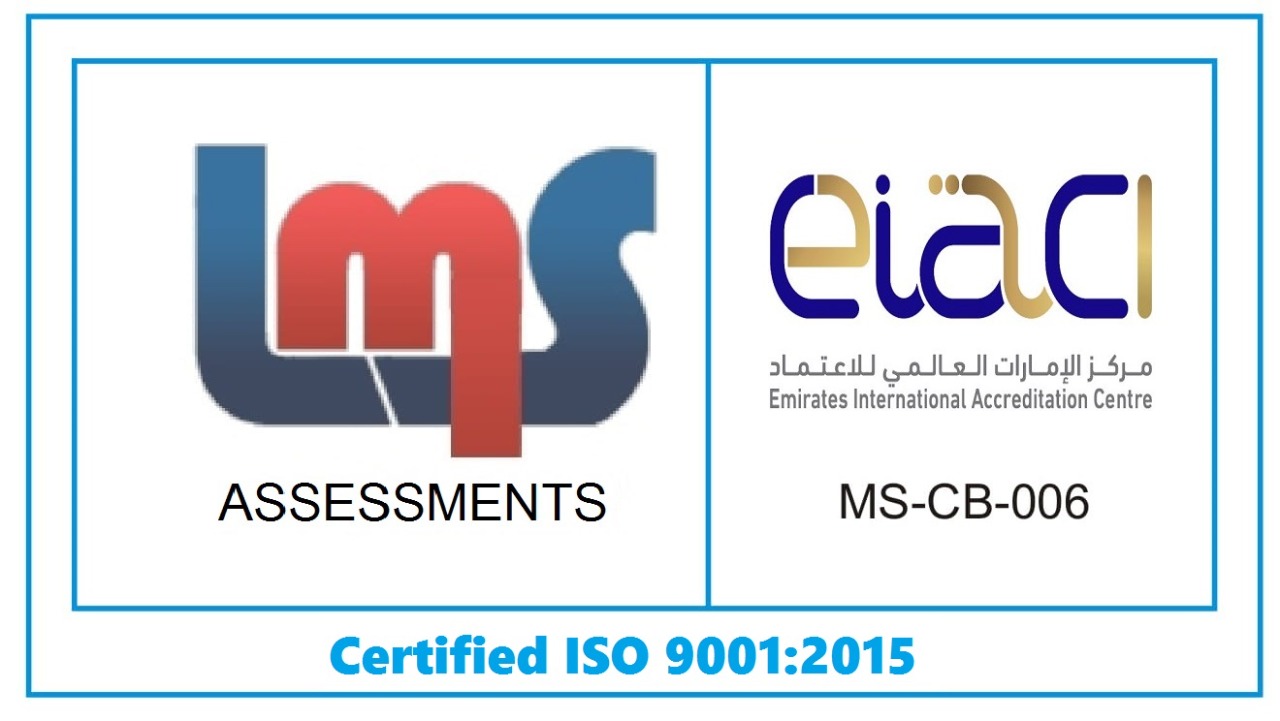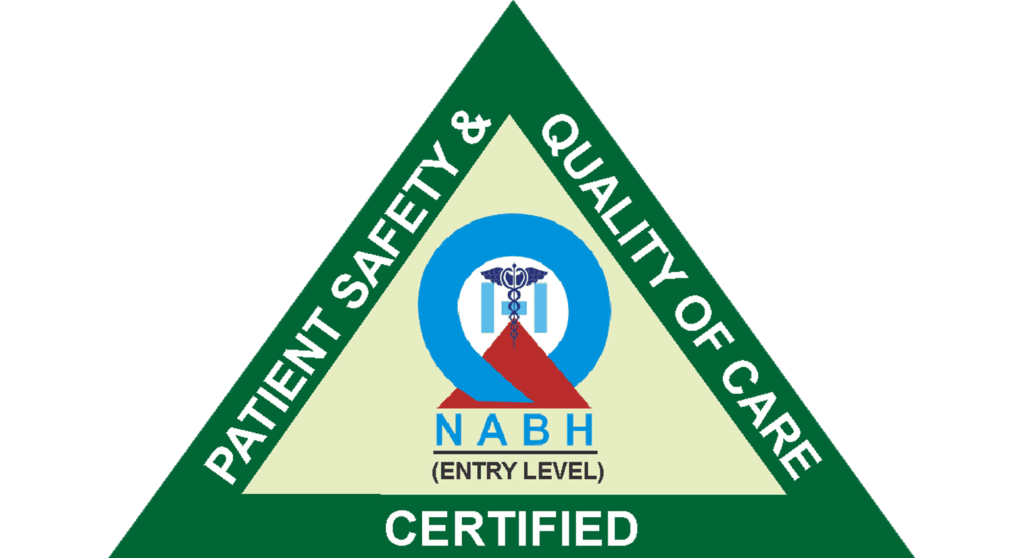
Microkeratome Lasik Eye Surgery
Microkeratome LASIK
Microkeratome laser surgery, sometimes referred to as bladed LASIK, is a method of refractive eye surgery done to treat astigmatism, hyperopia, and myopia. It involves creating a thin flap on the surface of the cornea using a microkeratome, an optical surgical tool with a sharp blade. The refractive error can be rectified by reshaping the cornea with an excimer laser. After the cornea has been reshaped, the flap is relocated and the wound can heal naturally without stitches.
For many years, it has been a traditional treatment that has aided many patients to see better. For guidance on the most suitable course of action for their unique need, patients should consult with a licensed ophthalmologist.
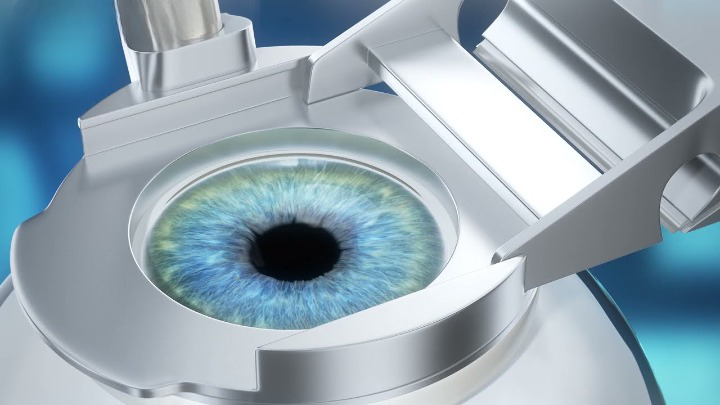

Microkeratome Lasik Procedure
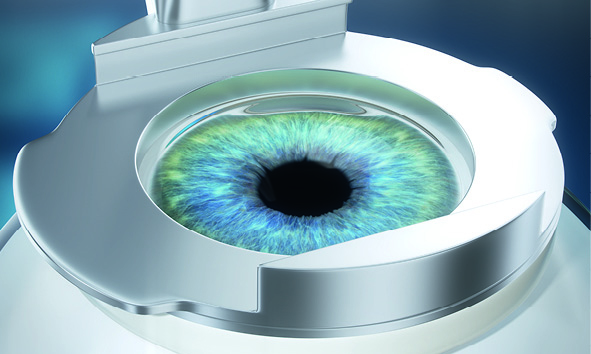
Step 1
Preparing the treatment: The Microkeratome blade is prepared and positioned for the flap cut.

Step 2
Creating the flap: A corneal flap is created using the microkeratome,

Step 3
Folding back the flap: The flap is gently folded to get access to inner corneal tissue for treatment
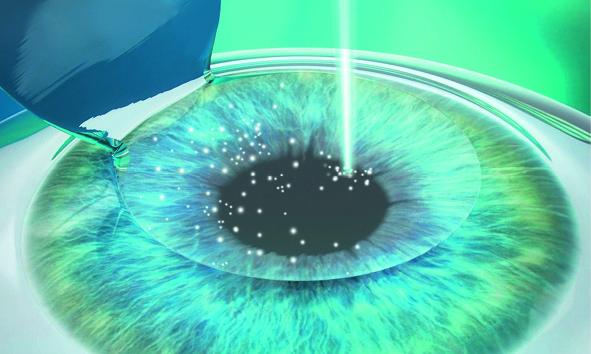
Step 4
Correcting the error: The excimer laser is used to reshape the corneal tissue and to correct the refractive error.
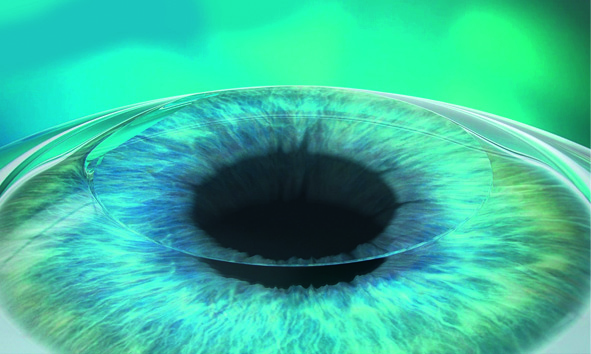
Step 5
Repositioning the flap: The folded flap is repositioned to its original attachment also acting as a bandage in the eye.
Micro Keratome Videos
Frequently Asked Questions
The procedure may take about 15 to 30 minutes for both eyes. However, the thorough process, involving pre-operative preparations and completion, may take a few hours.
Potential side effects include dry eyes, glare, halos, and, infrequent complications like infection or flap issues such as incomplete flaps or irregular flap edges can occur. Your surgeon will brief you on specific risks and benefits during the consultation.
Patients can attain a significant degree of independence from glasses or contacts, but results can vary. For certain tasks, some people may still need glasses and experience vision changes over time.
The corneal flap starts to heal within a few hours after the procedure. The visual recovery may be fast-paced but complete healing may take a few weeks.
For a few days after surgery, patients are usually advised to avoid strenuous activity and eye rubbing. Specific instructions on how to recover successfully will be provided by your surgeon.

